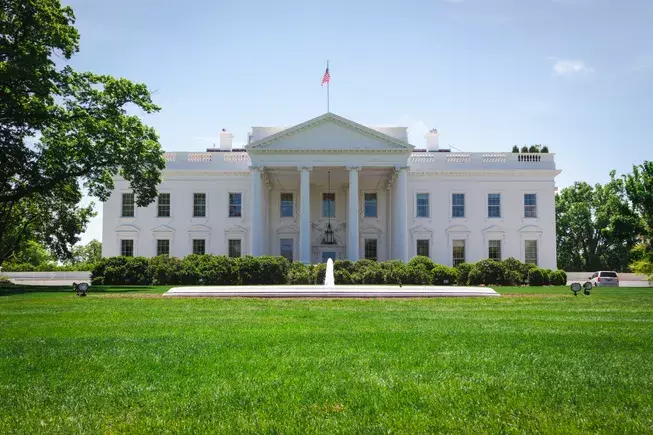The recent announcement by the U.S. government regarding the reduction of tariffs on Chinese imports signals a significant thaw in the previously icy relations between two of the world’s largest economies. This pragmatic decision is not merely a momentary relief for the markets; it represents a pivotal shift in an ongoing trade conflict that had escalated to alarming heights. With global economies still reeling from the impacts of the pandemic, the last thing anyone needed was an adverse effect of a trade war compounding those economic struggles. This move could very well serve to restore some much-needed balance and cooperation, laying the groundwork for more constructive dialogues in various sectors, including technology.
TikTok’s Uncertain Future Meets Opportunity
At the heart of this recent détente lies the fate of TikTok, the immensely popular social media platform facing intense scrutiny in the U.S. The complexities surrounding TikTok’s ownership have driven a wedge between the platform and American regulators. The timeline of events is intricate and tense, starting with the Senate’s approval of a sell-off bill that set a deadline for TikTok to be acquired by a U.S.-owned entity. While the original deadline has come and gone, the recent easing of trade tensions opens up possibilities for renewed negotiations that could be crucial for TikTok’s future in America.
It is essential to examine the implications of the TikTok dilemma more deeply. The platform, owned by the Chinese company ByteDance, has been embroiled in political and national security debates centering on data privacy and the control of information. By working toward a structured deal that allows a U.S. entity to take majority control, the U.S. government aims to alleviate concerns of potential foreign influence over American users’ data. This situation presents a significant opportunity for companies like Oracle, which could step in to meet the stipulated ownership requisites.
Complex Regulatory Challenges Ahead
However, striking a favorable deal that satisfies both U.S. regulatory expectations and ByteDance’s interests will not be straightforward. The stipulations of the “Protecting Americans from Foreign Adversary Controlled Applications Act” outline precise conditions regarding data handling and algorithmic governance. These requirements dictate that foreign ownership cannot exceed 20%, and that any foreign entity must relinquish control over critical platform functionalities. Vertically integrating these complex demands with the operational capabilities of TikTok is a challenging prospect that could leave all parties feeling dissatisfied.
Given the stakes, the approach taken by the U.S. government is vital. While a favorable outcome could lead to a harmonious coexistence of national security interests and private enterprise, any perceived overreach could fuel further hostilities. Leaders on both sides must navigate these intricacies carefully to finalize a deal that appeases both American legislators and Chinese stakeholders. Hence, while optimism surrounds the resumption of talks, the path forward remains fraught with potential complications.
A New Era of Cooperation?
Moreover, the ramifications of these trade discussions extend beyond TikTok. The less combative stance on tariffs has broader market implications that could invigorate sectoral collaborations between American and Chinese companies. A decrease in trade barriers may confer advantages that permeate through diverse fields, from consumer technology to pharmaceuticals. Cooperative agreements could bolster innovation and economic growth — arguably a far more beneficial outcome than the adversarial dynamics that have characterized recent years.
Investors, creators, and entrepreneurs alike are eyeing these developments closely, hoping they translate into concrete benefits. Amongst the uncertainty, TikTok creators, who have faced a significant upheaval amid chaotic regulatory discussions, are perhaps the most directly impacted stakeholders. Their livelihoods have been tenaciously tied to the fate of this platform, and the stabilization of its operational status could offer hope in a continually shifting digital landscape.
In this context, the recent tariff reduction is not just a momentary reprieve; rather, it’s a significant step towards a restoration of U.S.-China relations. Ultimately, the evolving dynamics present a unique window for renewed dialogue and stability, potentially ushering in an era characterized by collaboration rather than conflict. While the future remains unpredictable, one thing is clear: the choices made today will shape the contours of cross-border relationships tomorrow.


Leave a Reply